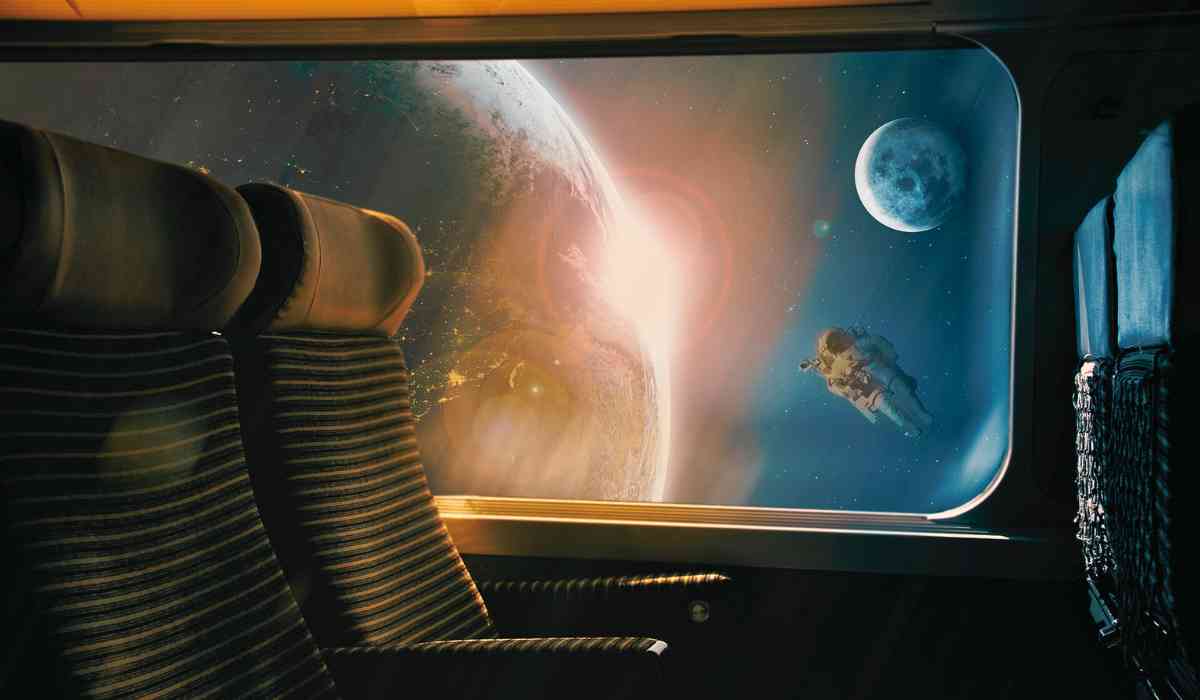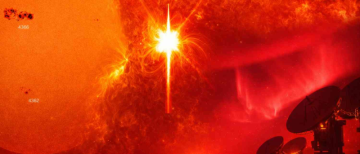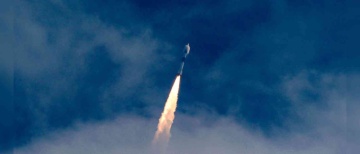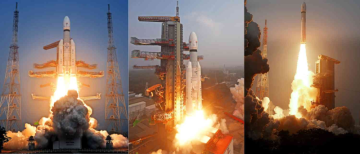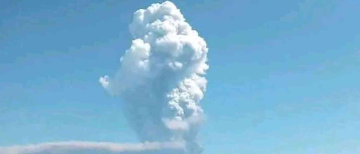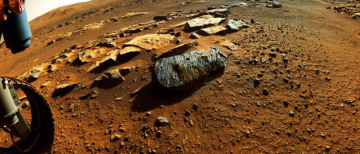Time. It's the cosmic "get-your-act-together" watch that looms over us all the time, keeping us alert (or, more often than not, glued to our phones). Our hustle is fueled by the 24-hour countdown, as well as the unsaid pressure of deadlines and Netflix binges. But, hey, what do you know? Our fixation with time is no longer merely an earthly oddity. Literally, we are aiming for the stars. Many are curious and amused by the recent White House request that NASA create a Coordinated Lunar Time (CLT) for the moon.
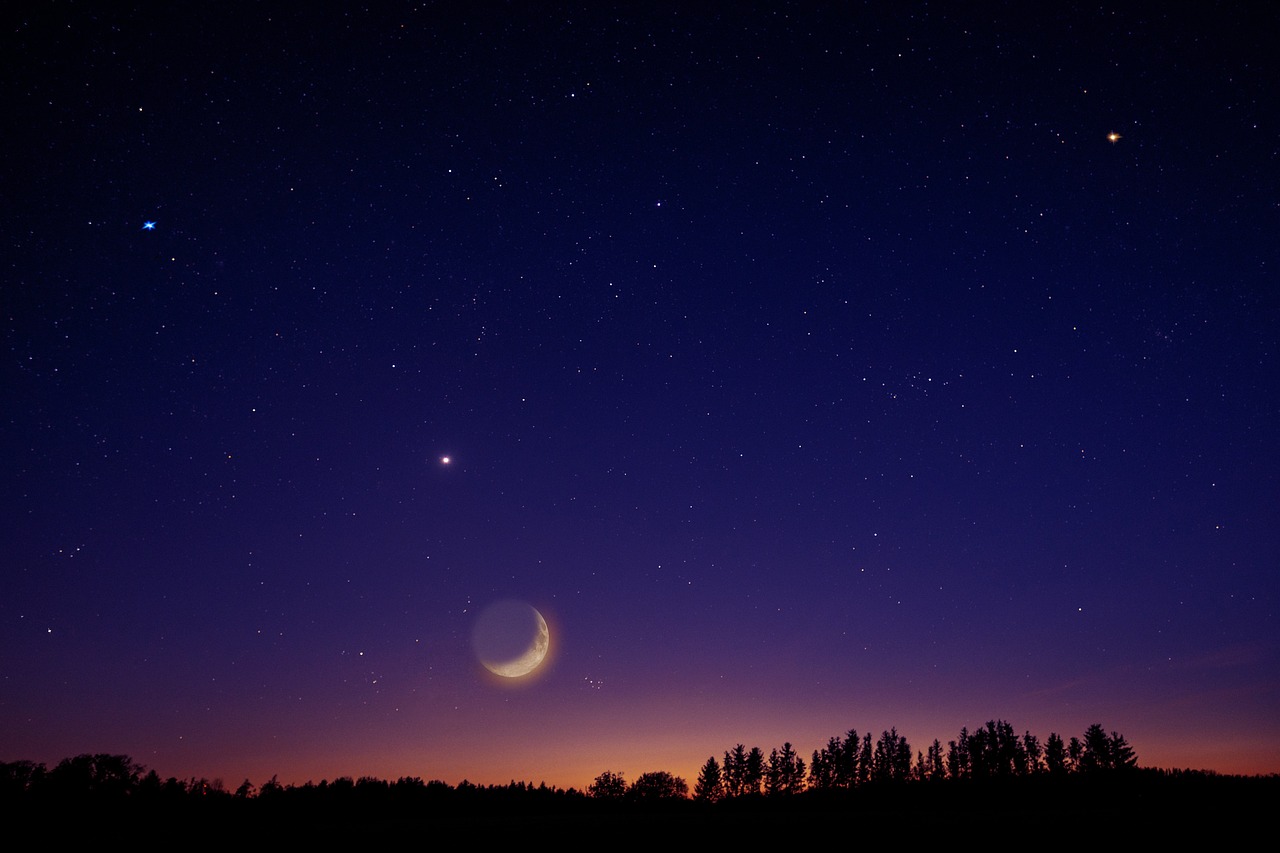
Reasons the Moon Requires a Clock (kind of)
The moon, that heavenly light in the night sky, doesn't precisely adhere to a schedule set by humans. It rotates somewhat differently from Earth's; it has its own rhythm. This may not seem like much, but it could cause logistical problems for upcoming lunar exploration. Consider astronauts attempting to communicate with Earth or plan missions while utilising two distinct time zones. Indeed, a headache!
The goal of the CLT would not be to make the moon follow our rules. It's more akin to developing a shared language between mission control, astronauts, and future moon inhabitants. Consider it a universal translator for the universe, making sure that when it comes to planning events and navigating the lunar surface, everyone is on the same page (or lunar cycle).
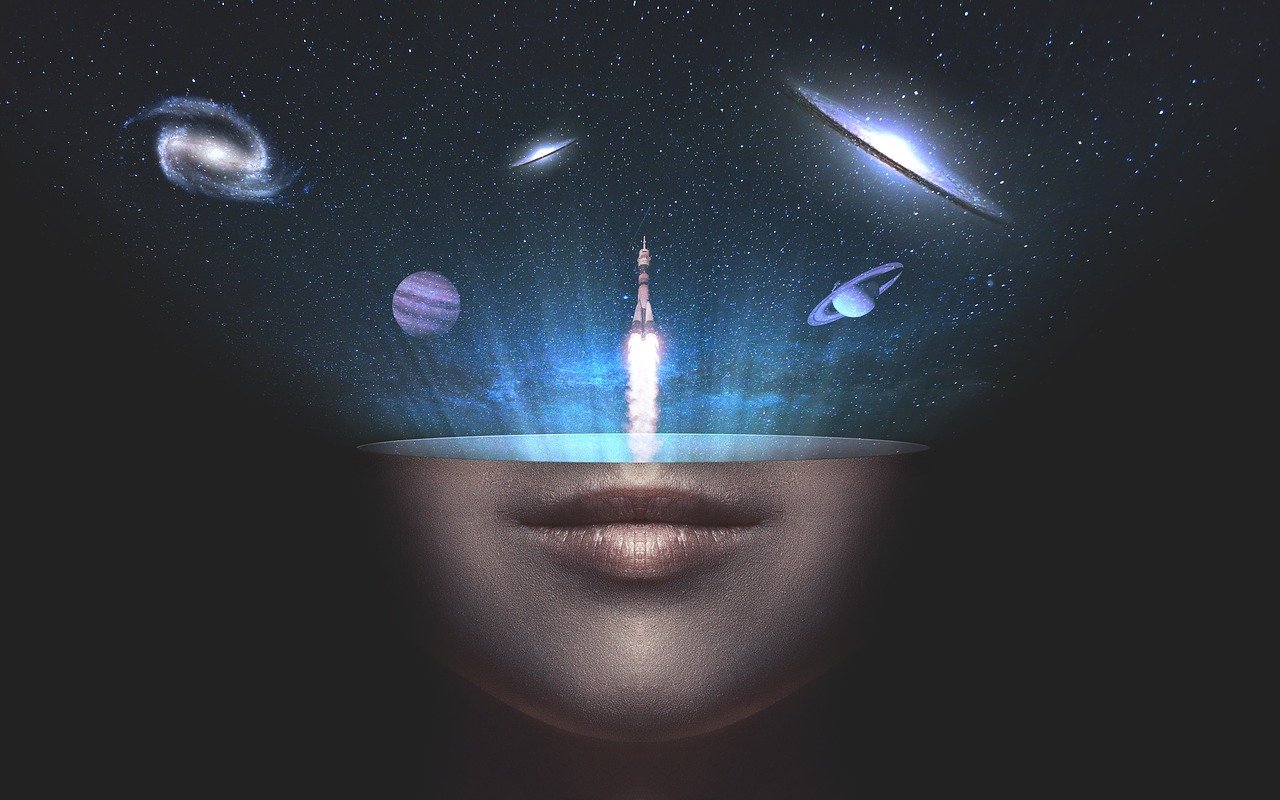
But Can We Talk About Our Time Obsession?
Of course, the whole concept of putting a clock on the moon is undeniably funny. It highlights our human tendency to impose order and structure on everything, even celestial bodies with their own cosmic dance. We create time zones, fiddle with daylight saving time, and now we're venturing out to impose our timekeeping ways on the moon.
This obsession with time likely stems from a deep-seated desire for control. In the vast, often chaotic universe, time gives us a sense of order and predictability. It allows us to plan, organise, and make sense of the world around us. But the funny thing is, we're not exactly time experts. We're more like toddlers scribbling on the fabric of space with crayons. Black holes, wormholes, the whole cosmic microwave background radiation situation—it's all a mystery. Yet, here we are, putting clocks on celestial bodies, acting like we've got it all figured out.
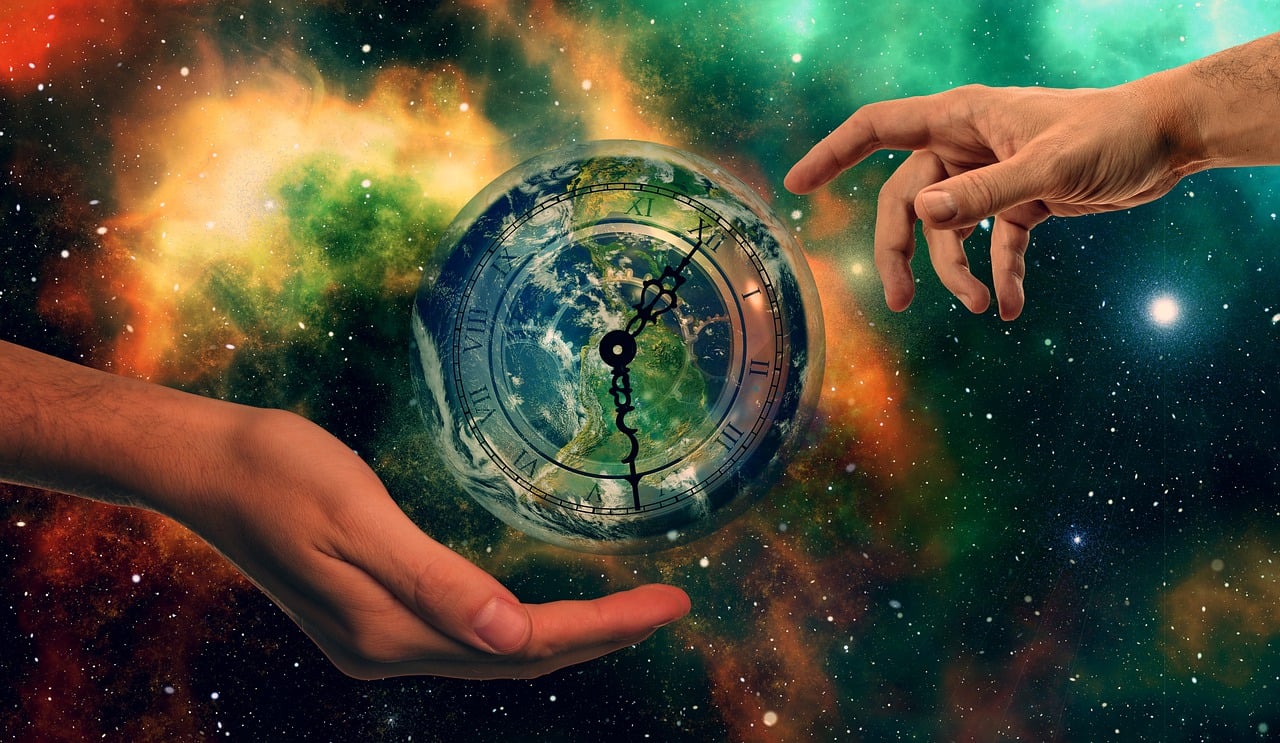
The Universe Chuckles (and We Keep Chasing Seconds)
So, the next time you glance at your wristwatch or set an alarm for that all-important meeting, remember this: time is a human construct, a tool we've built to navigate our existence on this little blue planet. The universe itself operates outside of these constraints. It's a vast and ever-expanding playground, and we're just borrowing a few seconds to explore it.
Whether or not CLT occurs, the moon will probably continue to function according to its own geological history and celestial rhythm. However, it's okay because the concept of a lunar time system itself says volumes about our need for order as humans! Being a species that is continuously trying to comprehend and organise the world around us is part of what makes us who we are.
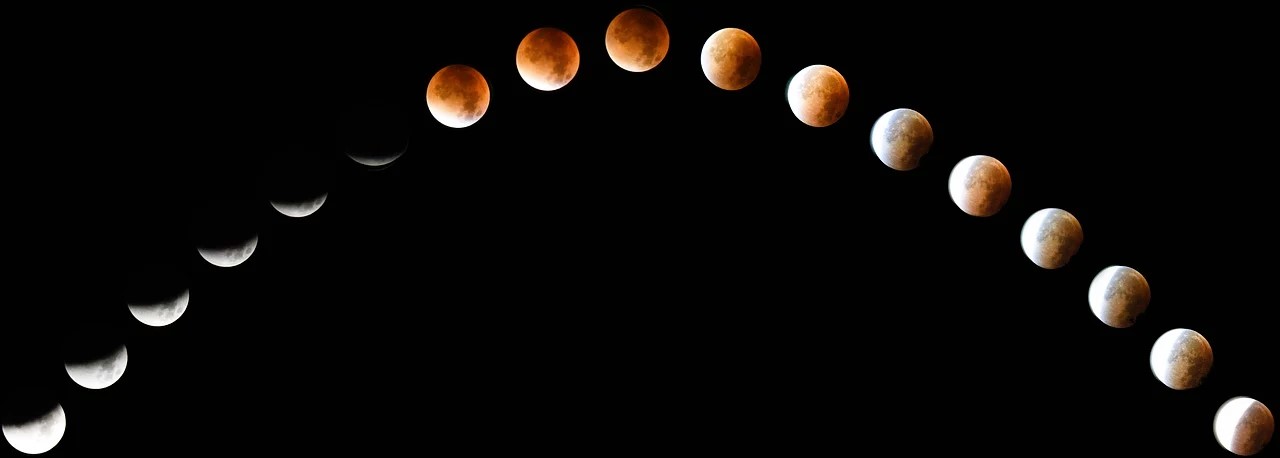
Who knows, maybe the universe finds our obsession with time amusing. Perhaps one day we'll figure out the puzzle and fully comprehend the essence of time. One lunar cycle at a time—that's why we'll keep chasing those seconds until then.
PC: Pixabay, IStock
ⒸCopyright 2024. All Rights Reserved Powered by Vygr Media.

